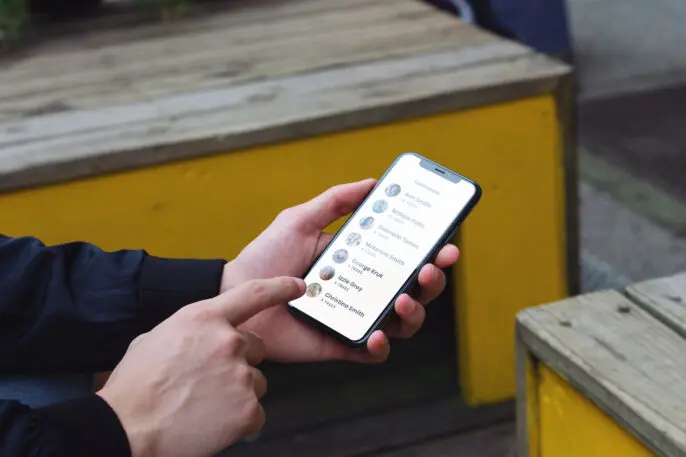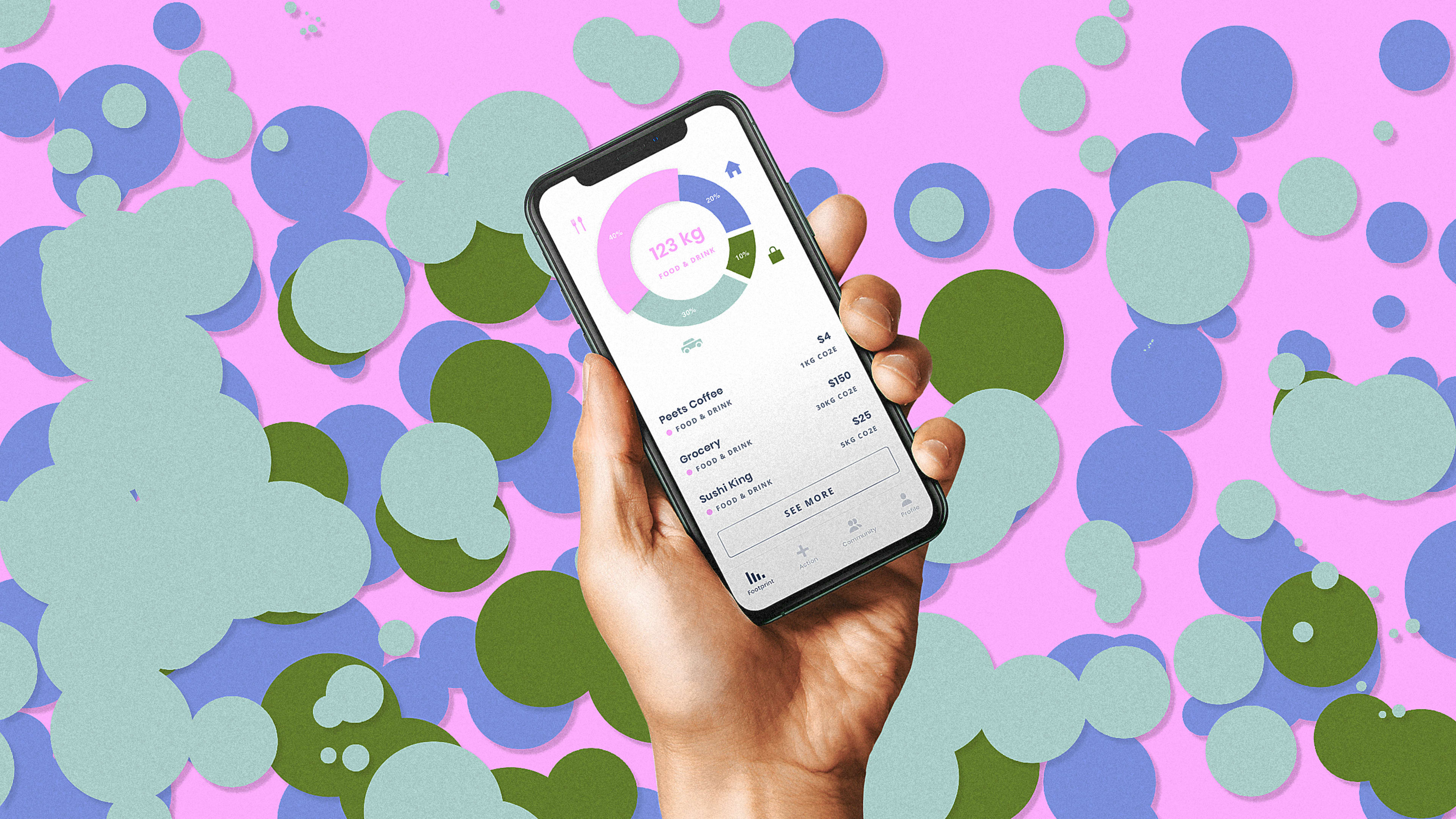One of the reasons that people are often slow to act on climate change is the enormity of the crisis: It’s hard to know where to begin. It’s a systemic problem, and one person acting alone isn’t going to rebuild the electric grid or the transportation system. But there’s still a lot that individual action can achieve. An app called Joro is designed to make it easier to understand—and manage—your own carbon footprint.


In the fall of 2018, after a major UN climate report came out emphasizing how quickly emissions need to drop—roughly in half by 2030, and to net zero by the middle of the century—Pal decided to create a tool that everyone could use. The tool makes recommendations based both on the questions people answer about their habits and on their purchases. It might suggest that someone who eats a lot of meat try going vegan for a week, for example. If you buy a plane ticket, it will suggest buying a carbon offset.
Some similar tools exist, including a credit card in Sweden that cuts off users’ spending once they’ve reached their carbon budget for the year, and a debit card from the socially-conscious bank Aspiration that shows customers the impact of their shopping based on the business practices of the stores that they choose. Because credit card data doesn’t include line items, Joro can’t give a detailed estimate of the carbon footprint of each purchase, but can give general feedback.

In addition to short tips, the app also points users to classes and articles about how they can have the most impact. It also connects friends and family to share their progress. All of this, Pal says, can lead to broader change. “We absolutely believe that climate crisis is a systemic problem,” she says. “But systems are made up of people like us. And we believe that when enough people demand it through their actions, companies and governments will change their behaviors, responding to citizens and to consumers.”
Early users of the app have reduced their carbon footprints by around 10%. “If everyone in the world did that, it would be like removing half the world’s cars, says Pal. “So it’s very significant at scale, and is one of the most cost-effective ways to encourage emissions reduction that we know today.”
Recognize your brand’s excellence by applying to this year’s Brands That Matter Awards before the early-rate deadline, May 3.
